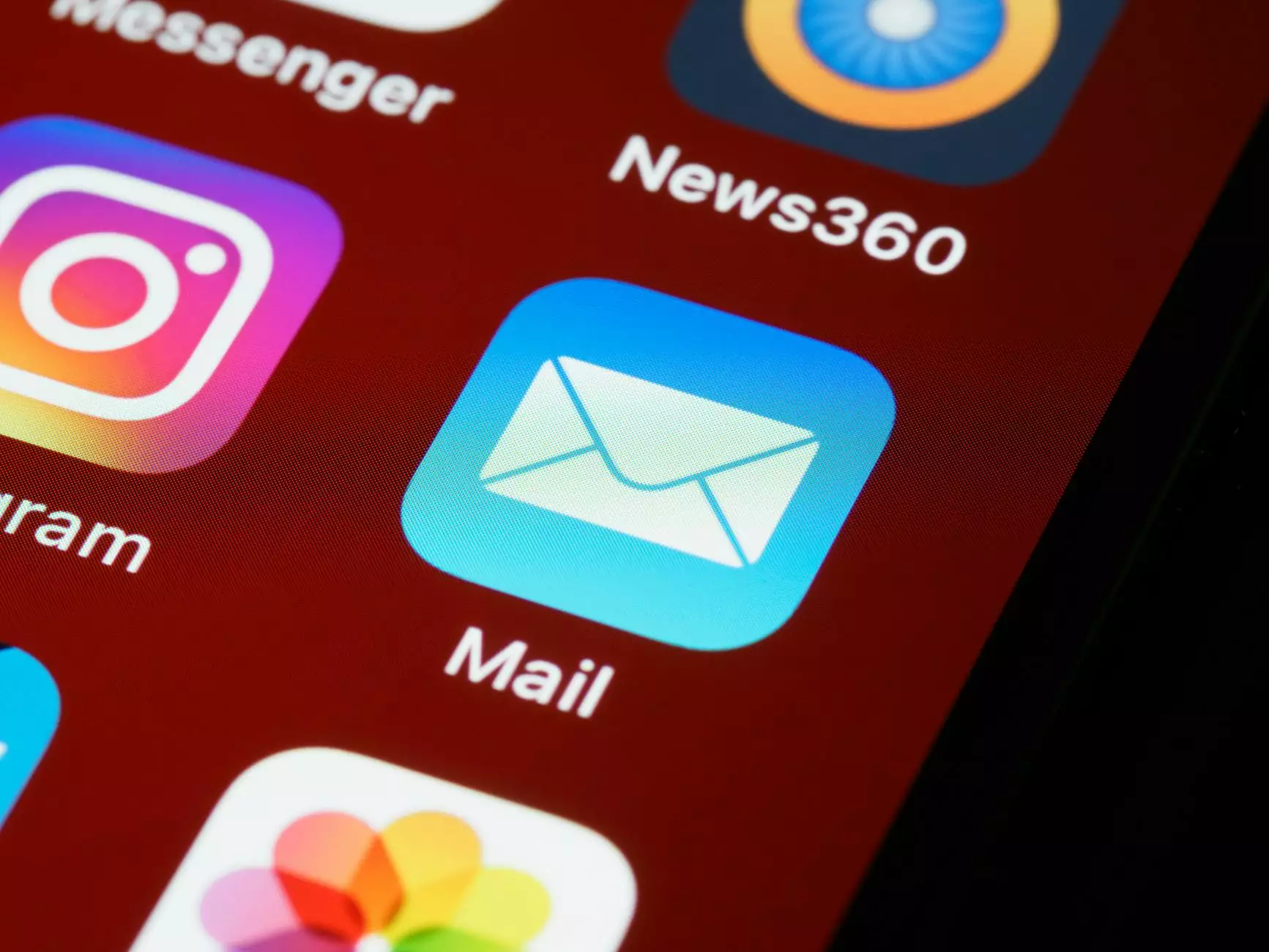Top 10 Mobile App Development Languages for Android and iOS Developers
Blog
Welcome to CI Advertising's guide on the top 10 mobile app development languages for Android and iOS developers. In today's digital age, mobile applications have become an essential aspect of every business and consumer service. Whether you are an entrepreneur, an enterprise, or an aspiring developer, having a solid understanding of the different mobile app development languages is crucial for success in the highly competitive app market.
1. Java
Java is undoubtedly one of the most popular and extensively used programming languages for Android app development. With its object-oriented approach, Java offers a wide range of libraries, tools, and frameworks for developers to build dynamic and interactive applications. Its platform independence, coupled with its robust community support, makes it an ideal choice for Android developers.
2. Swift
When it comes to iOS app development, Swift is the language of choice. Developed by Apple, Swift provides a modern, safe, and highly efficient programming experience. Its syntax is concise and expressive, greatly enhancing developer productivity. With its powerful features such as optionals, generics, and type inference, Swift enables developers to create high-performance and reliable apps.
3. Kotlin
Kotlin, a statically typed programming language for Android, has gained immense popularity among Android developers in recent years. It offers seamless interoperability with Java, allowing developers to leverage existing Java libraries and frameworks. Kotlin's conciseness, null safety, and functional programming capabilities make it a compelling choice for efficient Android app development.
4. C#
C# is a versatile programming language that can be used to develop both Android and iOS applications. With the introduction of Xamarin, a cross-platform development framework, C# has become an attractive option for developers looking to write code once and deploy it across multiple platforms. C# offers a rich set of features, including garbage collection, asynchronous programming, and LINQ, making it a valuable choice for cross-platform development.
5. JavaScript
JavaScript, primarily known for web development, has also found its way into mobile app development. With frameworks like React Native and NativeScript, developers can build native mobile applications using JavaScript. This allows for faster development cycles and the ability to leverage a vast range of JavaScript libraries and frameworks. JavaScript's flexibility and ubiquity make it an appealing choice for developers familiar with web technologies.
6. Python
Python, a versatile and beginner-friendly language, has gained popularity in the mobile app development space, especially for prototyping and scripting. With frameworks like Kivy and BeeWare, developers can write cross-platform mobile apps using Python. Python's simplicity, readability, and extensive standard library make it an excellent choice for rapid application development.
7. C++
C++ is a powerful programming language widely used for developing high-performance applications, including mobile apps. With tools like the Android Native Development Kit (NDK), developers can write native and performance-critical parts of their Android applications using C++. C++ offers low-level control, efficient memory management, and a rich set of libraries, making it an ideal choice for performance-centric mobile app development.
8. Objective-C
Objective-C was the primary programming language for iOS app development before the introduction of Swift. Despite being legacy, many existing iOS applications are still written in Objective-C. To maintain and update these apps, iOS developers need a solid understanding of Objective-C. While Swift is the preferred language for new iOS projects, Objective-C knowledge is still valuable in the iOS development ecosystem.
9. Ruby
Ruby is a dynamic, object-oriented programming language known for its simplicity and productivity. With frameworks like RubyMotion, developers can write cross-platform mobile applications using Ruby. Ruby's elegant syntax, focus on developer happiness, and extensive developer community make it a compelling choice for those seeking an alternative to traditional mobile app development languages.
10. Go
Go, also known as Golang, is a statically typed, compiled language designed for scalability and concurrency. While originally developed for server-side applications, Go has gained traction in the mobile app development space. With tools like Gomobile, developers can write and deploy efficient and performant Go code on both Android and iOS platforms. Go's simplicity, strong typing, and built-in support for concurrency make it an interesting option for mobile app developers.
Choosing the right mobile app development language is a critical decision that impacts the success of your app. Whether you prioritize platform compatibility, performance, rapid development, or ease of use, each language has its unique strengths and weaknesses. It is essential to consider factors such as community support, available resources, and your team's expertise when making an informed decision for your mobile app development project.
At CI Advertising, our team of experienced app developers can assist you in choosing the most suitable language for your project's requirements. We offer end-to-end mobile app development services, ensuring your app is developed with precision, optimized for performance, and aligned with your business goals.
Stay ahead in the ever-evolving mobile app landscape. Contact CI Advertising today and let our expertise drive your mobile app development journey.




